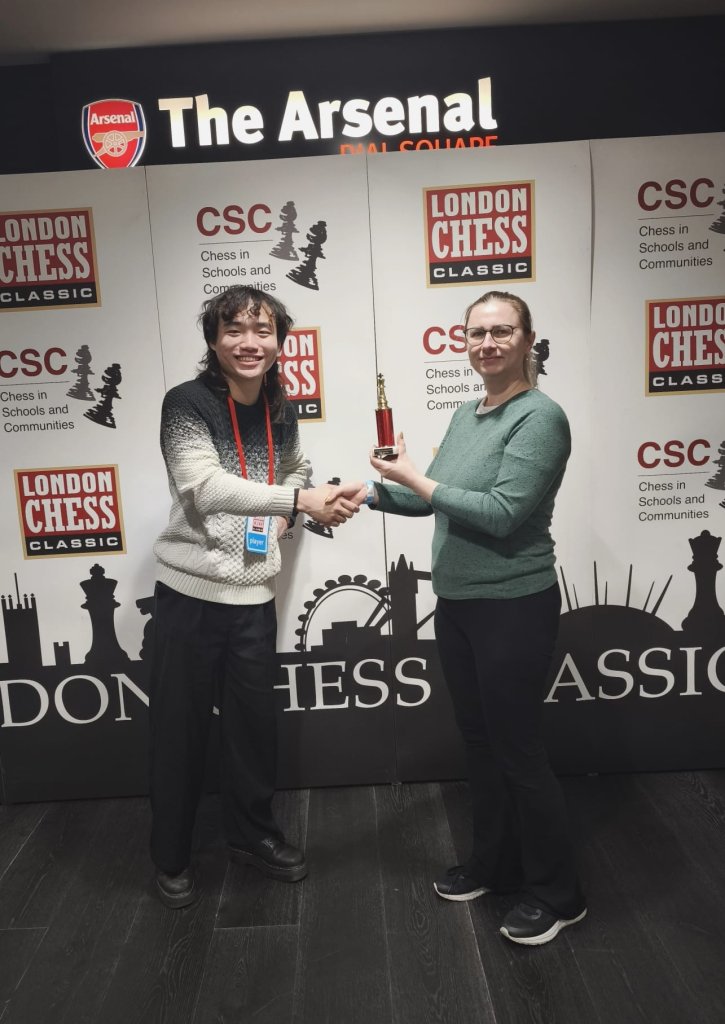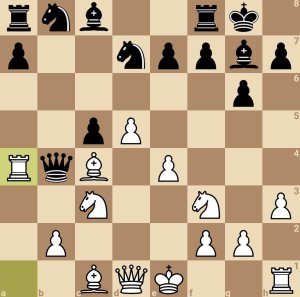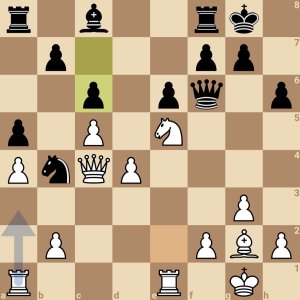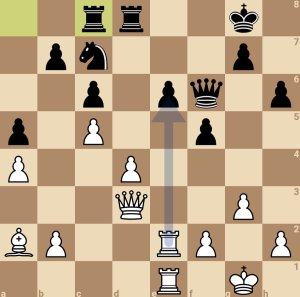English junior chess is something of a patchwork with a wide variety of organisations hosting their own tournaments. At first it can seem disorganised and, for parents, navigating these events can feel a bit overwhelming but our guide will help you get started.
Junior tournaments provide a platform for young players to showcase their chess skills and develop as players. This article will introduce you to the big four national-level competitions. It is designed to help parents identify the junior tournaments that are most beneficial for their children.
Please note that the English Chess Federation Events Calendar provides a full list of tournaments and can be filtered to suit your needs.
Autumn Term
London Junior Chess Championships (LJCC)
– LJCC Qualification Tournaments are suitable for all chess levels.
– The LJCC celebrated its centenary last year, originating in 1924 as the London Boys Championship.
– Titles are awarded for seven age groups, Under 8, Under 10, Under 12, Under 14, Under 16, Under 18 and Under 21.
– To play in the Under 8, Under 10 or Under 12 Finals you must first qualify, either via a qualifying tournament or by rating.
– Qualification is not required for the older age groups.

Spring Term
EJCOA National Youth Championships
– EJCOA Qualification Tournaments are suitable for all chess levels.
– The English Junior Coaches and Organisers Association (EJCOA) National Youth Championships was founded in 2021.
– There are age group categories as follows: Under 8, Under 10, Under 12, Under 14, Under 16, Under 18 and Under 20.
– Finals qualification is obtained either by winning your age section in a Zonal of the EJCOA National Youth Championships or by rating.
– The Final takes place in Nottingham and is ECF graded as well as FIDE rated.
Summer Term
UK Chess Challenge (UKCC)
– UKCC Megafinals are suitable for all chess levels.
– The UKCC is an annual four-stage chess competition for school-age children from the United Kingdom.
– It was created in 1996 and over 40,000 children play in the competition at the school stage, making it one of the largest chess tournaments in the world.
– There is a schools/clubs round (no longer a necessary route to qualify for the Megafinals) followed by Megafinals, Gigafinals and the Terafinal.
– The Terafinal is held at Blenheim Palace with only 60 players qualifying across 5 age categories.
Summer Holidays
British Chess Championships
– More suitable for advanced chess players.
– The first British was held in 1904 and since 1923 there have been sections for juniors.
– The championship venue usually changes every year and has been held in different locations in England, Scotland, Wales and once on the Isle of Man.
– There are age group categories as follows: Under 8, Under 10, Under 12, Under 14 and Under 16.
– The junior age category events are split into standardplay, rapidplay and blitz.
Chess Rising Stars Achievements
Our students have enjoyed many successes in these big four competitions and we have collated some recent articles below:
Double LJCC Champion – 2024
Gold at the EJCOA National Youth Finals – 2024
Bronze Medals at the LJCC Finals – 2023
Chess Rising Stars at the Terafinal – 2023
Further Information
This is the third in our series of informational articles for parents.
ECF Membership: A Guide for Parents
Chess Ratings: A Guide For Parents
We encourage all of our students to participate in chess tournaments suitable for their level. Please drop us an email if we can support you further: london@chessacademy.uk



 Our Chelsea Chess Club reached Level 2 of the ECF Development Pathway scheme
Our Chelsea Chess Club reached Level 2 of the ECF Development Pathway scheme


 Prize Giving at the 2025 London Chess Classic
Prize Giving at the 2025 London Chess Classic
 Round 1
Round 1
 Round 3: 18. Ra3
Round 3: 18. Ra3
 Round 3: Rook sacrifice
Round 3: Rook sacrifice
 Trophy Time!
Trophy Time!